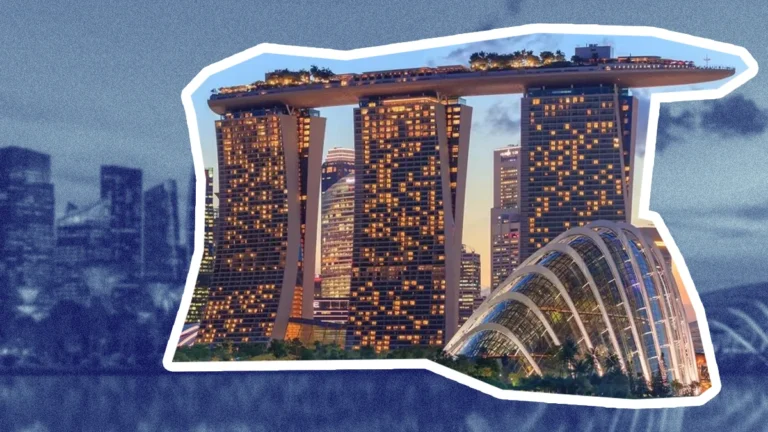Singapore has been officially recognized as the world’s sixth “Blue Zone,” a title given to regions where people live longer, healthier lives. This Southeast Asian city-state stands out not just for life expectancy but also for its progressive policies that enhance both the quantity and quality of life for its residents.
Table of Contents
What makes Singapore a Blue Zone?
While Blue Zones like Ikaria, Greece, and Okinawa, Japan, are known for long-established cultural traditions that promote longevity, Singapore’s status stems largely from forward-thinking government policies. These initiatives have dramatically increased life expectancy from 65 years in 1960 to over 86 today.
Key policies driving health and wellness
Singapore’s approach to public health has been instrumental in promoting longevity. Policies like heavy taxation on cigarettes and alcohol, along with stringent public smoking bans, have made public spaces healthier. Resident Firdaus Syazwani, who runs the blog Dollar Bureau, notes that these measures have improved community well-being by reducing second-hand smoke exposure.
Singapore has also taken steps to address its rich and calorie-dense cuisine. The Health Promotion Board’s initiatives, including mandatory nutritional labeling and reducing sugar content in beverages, are slowly shifting public awareness toward healthier dietary choices.
Top-tier healthcare
Singapore’s healthcare system is recognized globally for its affordable, high-quality care. Universal healthcare coverage ensures access to essential services, while private healthcare and savings schemes help manage out-of-pocket costs. The country consistently ranks at the top in healthcare quality, most recently earning the top spot in the 2023 Legatum Prosperity Index.
Green spaces and active living
In addition to healthcare, Singapore prioritizes green spaces, ensuring that nature is integrated into urban living. Public parks serve as hubs for community activities and are central to the city’s focus on fitness and mental well-being. Charu Kokate, a senior partner at Safdie Architects, highlights the Urban Redevelopment Authority’s efforts to create a clean, well-maintained, and sustainable city with vast green areas.
These parks also foster a sense of community, a critical factor for longevity. Whether it’s gym classes in local parks or the stunning Singapore Botanic Gardens, residents have access to spaces that encourage social interaction and physical activity.
Embracing community and diversity
Singapore’s laws may be strict, but they contribute to the country’s cleanliness, safety, and overall quality of life. Social cohesion is a priority, and strict regulations on littering, smoking, and even jaywalking are designed to create a harmonious living environment.
Despite being an expensive place to live, the city offers a rich cultural experience. From Chinese New Year to Deepavali, Singapore’s multicultural society celebrates diverse traditions, enhancing the quality of life for residents and expats alike.
Read also: The 10 best films about US Presidential Elections












